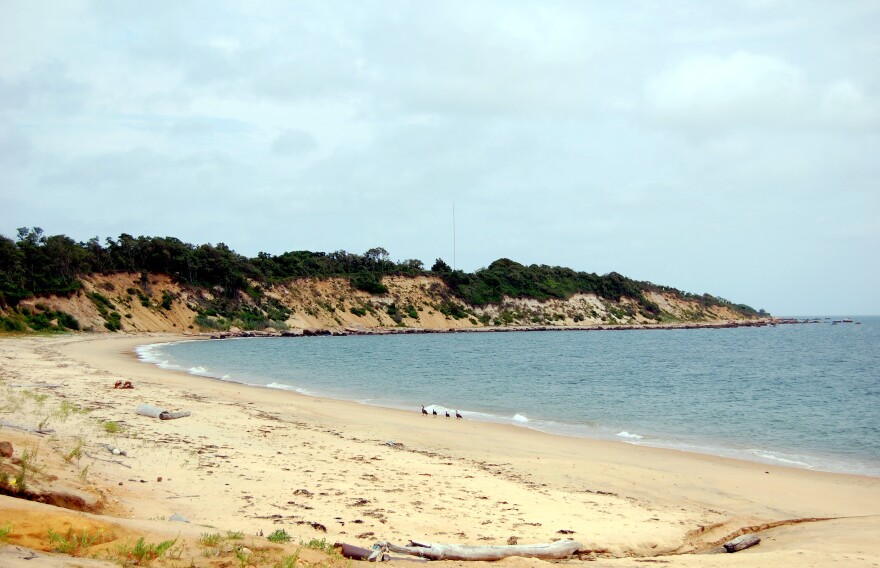U.S. Senator Richard Blumenthal (D-CT) joined environmental advocates this week to urge President Biden to permanently preserve Plum Island in the Long Island Sound as a national monument.
In 1954, the island was made the home of a federal animal disease center, helping to protect the nation against accidental or intentional introduction of animal diseases, like Foot and Mouth disease. Plum Island was put up for sale in 2008, when plans were made to move the center to Kansas.
Blumenthal said its checkered history is what helped save the island until recently.
“The research facility prevented development and enabled the birds and wildlife to continue nesting, growing and using the island. Because as dangerous as the research might have been to them if the diseases were released, they were kept properly quarantined and safeguarded.”
Conservationists won a decades-long fight to stop the sale of the 840-acre Plum Island to potential developers of the island in 2020.
Louise Harrison, a conservation biologist with the nonprofit Save the Sound, said the island deserves to be given protected status.
“First on the list is ecological conservation. Recognition of the two national historic sites that are on the national register, Fort Terry and the Plum Island Lighthouse,” Harrison said, “and then allowing Indigenous people, who’ve been in our region for 10,000 years to come back to Plum Island and rediscover their cultural heritage and find our shared history there.”
The planned move of the federal animal testing center to Kansas is still planned to happen around 2024.


